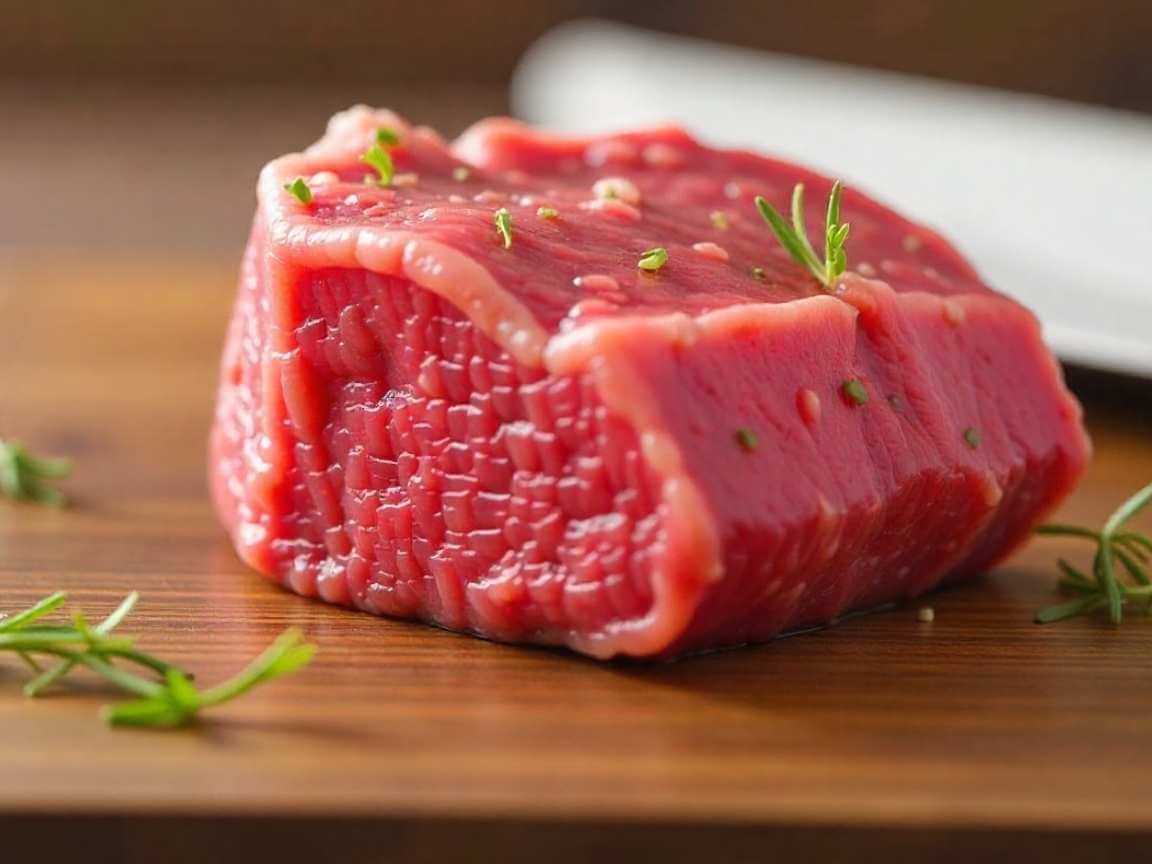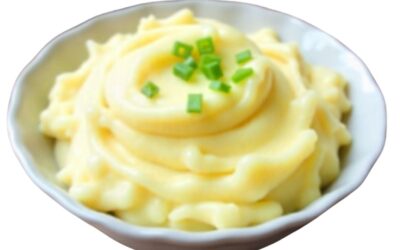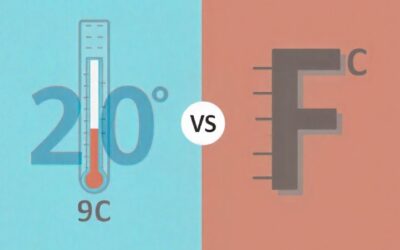Have you ever sipped ice-cold water or indulged in a chilled dessert only to feel a sharp, sudden pain in your teeth? You’re not alone. Many people experience discomfort when consuming cold drinks or foods, often leading to questions about what might be causing this reaction. Tooth sensitivity can range from a minor inconvenience to an ongoing issue that disrupts your quality of life.
If you’re wondering why your teeth react to cold temperatures and what you can do to stop it, this guide will cover everything you need to know. By understanding the root causes and potential treatments, you can take steps to enjoy your favorite beverages and desserts without pain.
What Causes Tooth Sensitivity to Cold?
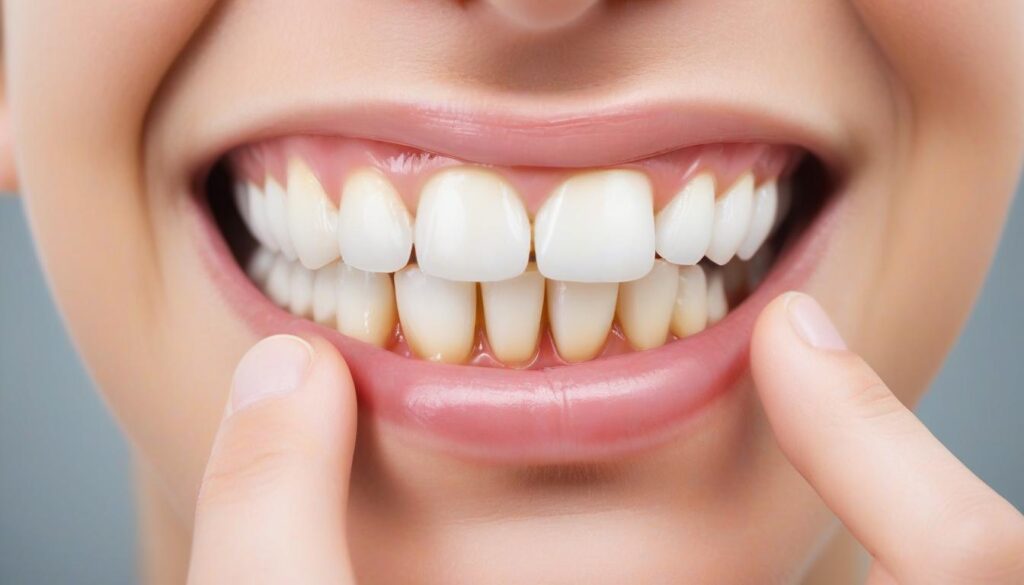
Tooth sensitivity can be caused by various factors. Understanding the underlying cause is essential for finding an effective solution.
Exposed Dentin
Your teeth are covered by a protective outer layer called enamel. Beneath the enamel lies the dentin, a porous tissue with tiny tubules that connect to the tooth’s nerve. When the enamel wears down, or the gums recede, the dentin becomes exposed, allowing cold sensations to reach the nerve, which can cause pain or discomfort.
Common reasons for exposed dentin include:
- Brushing too hard or using a toothbrush with stiff bristles.
- Consuming acidic foods and drinks that erode enamel (e.g., citrus, soda).
- Age-related enamel wear.
Tooth Decay or Cavities
Cavities create holes in your teeth, exposing the sensitive layers beneath the enamel. When cold substances come into contact with these areas, they can irritate the tooth’s nerve, resulting in sharp pain.
Receding Gums
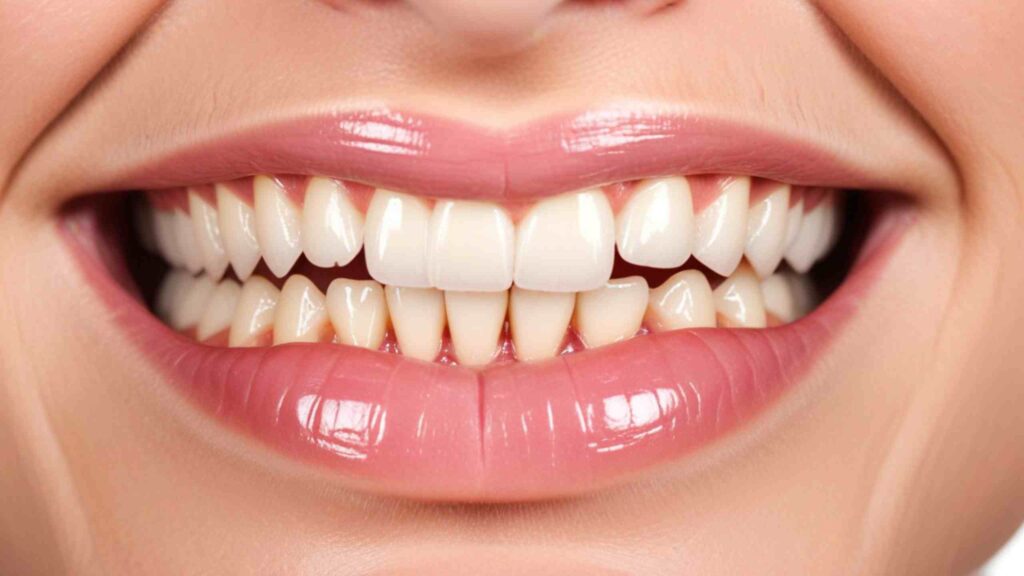
Gum recession causes your gum line to pull back, revealing the tooth roots. Unlike the crown of your tooth, roots are not protected by enamel and are more sensitive to temperature. Gum recession is often linked to conditions like:
- Gum disease (periodontitis).
- Aggressive brushing.
- Smoking or tobacco use.
Cracked or Chipped Teeth
A crack or chip in a tooth can expose the inner layers, leaving it more vulnerable to sensitivity. Even small hairline cracks can transfer cold sensations to the tooth’s nerve, triggering discomfort.
Grinding or Clenching Teeth
Bruxism (habitual grinding or teeth clenching) can wear down the enamel over time, leading to tooth sensitivity. This often occurs unknowingly, especially during sleep.
Recent Dental Work
Mild and temporary sensitivity is common if you’ve had a recent dental procedure—such as teeth whitening, fillings, or crown placement. For example, whitening products can irritate the teeth temporarily, making them more reactive to cold.
What Lifestyle Factors Can Lead to Tooth Sensitivity?
Some habits and lifestyle choices can increase your likelihood of experiencing pain when drinking cold beverages or consuming chilled foods. Here’s what to watch out for:
Diet Choices: Frequent consumption of sugary or acidic foods can weaken enamel over time.
Oral Hygiene Routine: Overbrushing or using abrasive toothpaste can contribute to enamel erosion and gum irritation.
Skipping Dental Visits: Regular dental checkups can catch issues like cavities or gum disease before they lead to increased sensitivity.
Being mindful of these factors can help you reduce the progression of tooth sensitivity.
How Can You Treat Tooth Sensitivity to Cold?
Thankfully, there are several solutions to minimize cold sensitivity and protect your teeth. Depending on the severity and cause, you may benefit from a combination of at-home remedies and professional dental care.
Use Desensitizing Toothpaste
Specially formulated desensitizing toothpastes—such as those containing potassium nitrate—help block pain signals from reaching the tooth’s nerve. With consistent use over several weeks, you may notice a significant improvement in sensitivity.
Switch to a Soft-Bristled Toothbrush
Using a toothbrush with soft bristles helps prevent additional enamel erosion and gum irritation. Remember to brush gently to minimize damage.
Avoid Acidic Foods and Drinks
Reducing acidic foods and beverages (like citrus, soda, and coffee) can protect your enamel and reduce further sensitivity.
Maintain a Healthy Oral Hygiene Routine
Brush your teeth twice a day for at least two minutes and floss daily to keep them clean and healthy. This reduces the likelihood of decay and gum-related issues.
Wear a Mouthguard for Bruxism
If you grind or clench your teeth, wearing a custom-fitted mouthguard while you sleep can protect your enamel and alleviate sensitivity over time.
Apply Fluoride Treatments
Your dentist may recommend fluoride treatments to strengthen your enamel and reduce sensitivity. Fluoride can be applied as a gel, varnish, or foam during a professional visit or through a prescribed toothpaste at home.
Repair Damaged Teeth
For cracks, chips, or deep cavities causing sensitivity, consult your dentist for fillings, crowns, or bonding treatments.
When Should You See a Dentist?
Mild tooth sensitivity is common and often manageable with at-home care. However, persistent or severe pain may indicate deeper dental issues that require professional attention. You should schedule a dental visit if:
- Tooth sensitivity lasts longer than a few seconds after drinking something cold.
- The discomfort occurs spontaneously or without an obvious trigger.
- There’s visible damage to your teeth, such as cracks, discoloration, or receding gums.
- Over-the-counter solutions don’t alleviate the sensitivity.
Dentists can perform a thorough exam, pinpoint the cause of your sensitivity, and recommend tailored treatments, ensuring that pain doesn’t interfere with your daily life.
How Can You Prevent Tooth Sensitivity?
Taking preventive measures can go a long way in maintaining strong, healthy teeth and avoiding sensitivity. Here are some tips:
- Brush your teeth gently using a soft-bristled toothbrush and non-abrasive toothpaste.
- Limit your intake of acidic and sugary foods.
- Drink water to rinse your mouth after consuming acidic beverages.
- Use a fluoride mouthwash to protect and strengthen enamel.
- Schedule regular dental checkups (at least twice a year).
- Consider wearing a nightguard if you grind or clench your teeth.
By adopting these habits, you’ll reduce the risk of sensitivity and improve your overall oral health.
Enjoy Cold Drinks Without the Pain
Tooth sensitivity to cold is common, but it doesn’t have to stop you from enjoying your favorite iced coffee or frozen treats. You can alleviate or even eliminate discomfort by understanding the causes, practicing good oral hygiene, and taking advantage of professional dental solutions.
If you’re experiencing persistent sensitivity, don’t hesitate to consult your dentist—they can help you identify the root cause and create a personalized treatment plan.
Don’t settle for living with sensitivity. Take proactive steps to safeguard your smile and return to enjoying all the fabulous treats life offers!












